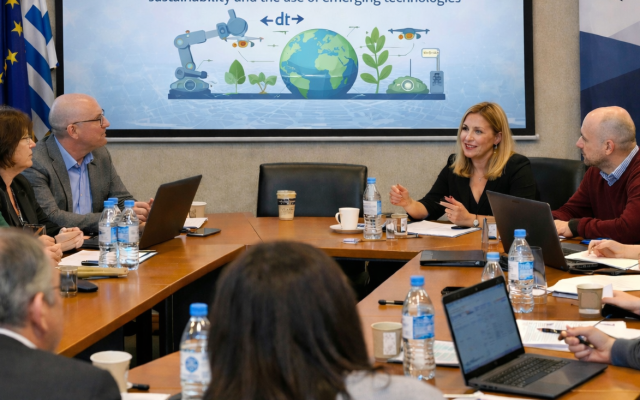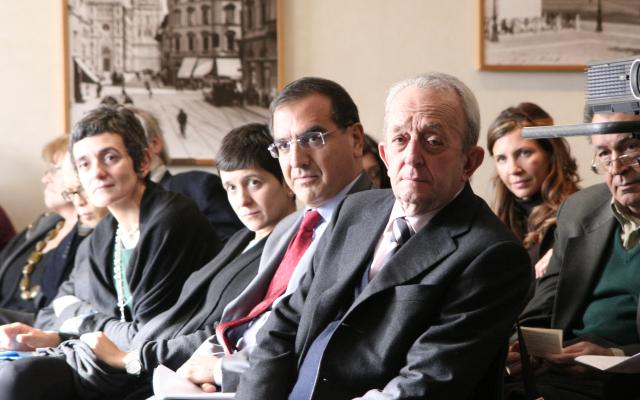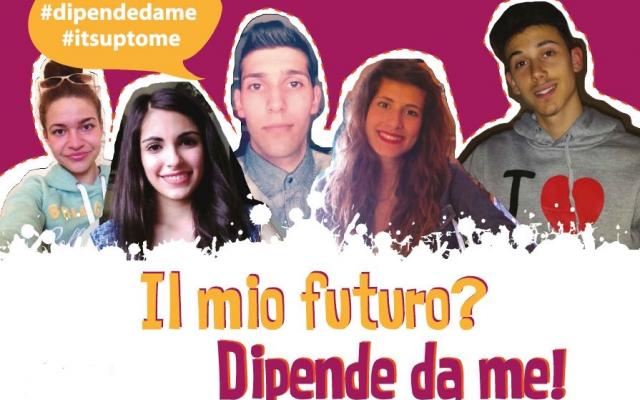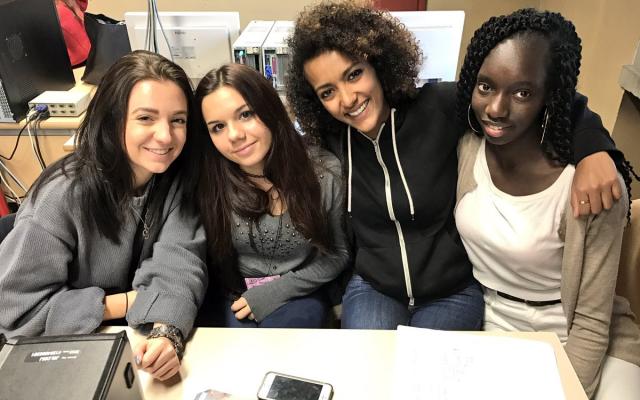Coding Girls: an invitation to the new generations to dream big.
- NASA had a problem and three unexpected solutions.
“History teaches us that even small actions can lead to great transformations. Women like Katherine Johnson, Dorothy Vaughan and Mary Jackson profoundly impacted the history of science, opening up new routes to the younger generations. Every one of us has the possibility of contributing to the creation of a world in which the talent of women in STEM is recognised and valued. It is our duty to provide the new generations with the opportunity to express their potential.”
“This was the main message presented by Francesca Schettino at the on-line meeting on role modelling, held on October 2, as part of Programme Coding Girls in Mozambique. Speaking to a group of young students in the Province of Nampula, Francesca underlined a fundamental concept: independently from our initial conditions, we can all become agents of change. The lives of Katherine Johnson, Dorothy Vaughan, and Mary Jackson are proof of this. These women, who pioneered in science and technology, not only transformed their own lives, but also profoundly influence the course of history,” explains Elisabetta Gramatica, Project Coordinator.
“Katherine Johnson was a brilliant Afro-American mathematician and physicist who calculated the trajectories of NASA space missions, including that which brought us to the moon. A curious and determined woman, as Francesca reminded us, who did not allow racial and gender prejudice to stop her but who ‘believed in herself and used mathematics to make the difference; even if no one in initially believed in her, she proved how much she was worth.’ Dorothy Vaughan, the first Afro-American supervisor at NASA, was a woman with an extraordinary vision. When she saw how computers were becoming the future, she learned the Fortran coding language and taught it to her team.” She was a scientist who understood that it was necessary to study and acquire new skills to move ahead.
Mary Jackson was an aerospace engineer, who with great determination, fought to overcome the barriers imposed by segregation. She not only worked on some of NASA’s most advanced projects, but also fought for other women and Afro-Americans to have the same opportunities in the field of science, opening the doors to future generations.
Francesca’s experience and the extraordinary story of these three women encouraged the students to share their stories, impressions, and dreams with us on how to improve health conditions in their country. Natalia, for example, hopes to one day create a device that will speed up diagnoses to expedite and improve the efficiency of therapies, while Fiona is determined to develop an efficient data storage system.
What do we wish to transmit to these young women by sharing stories of courage, determination, and resilience? That the power to change things is in their hands. Just like Katherine, Dorothy, and Mary, they too can become protagonists of change and make the difference. The only true requisite to reach this awareness is to not be afraid of dreaming big.”





